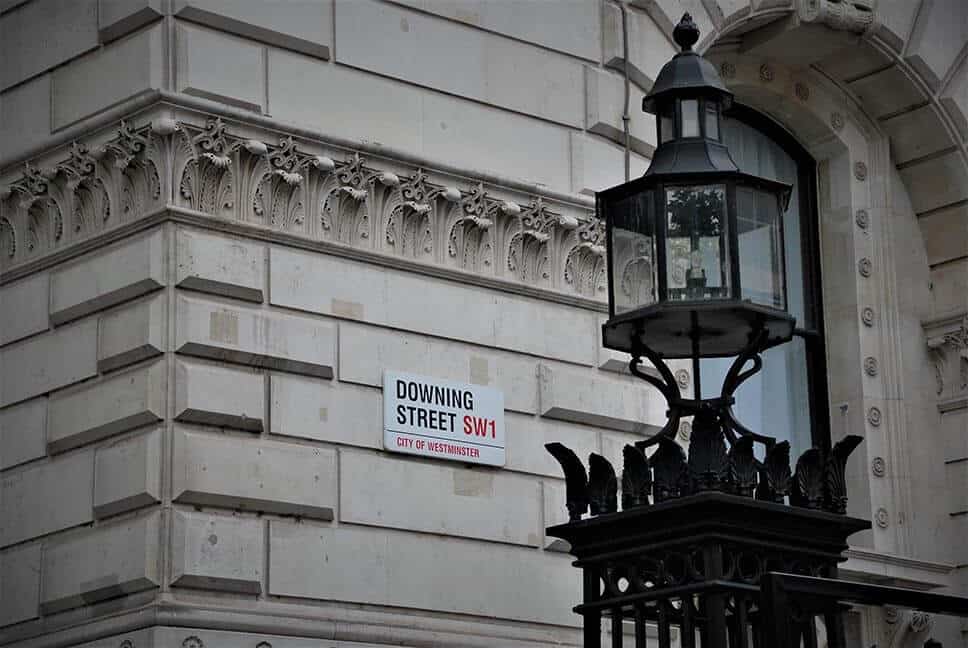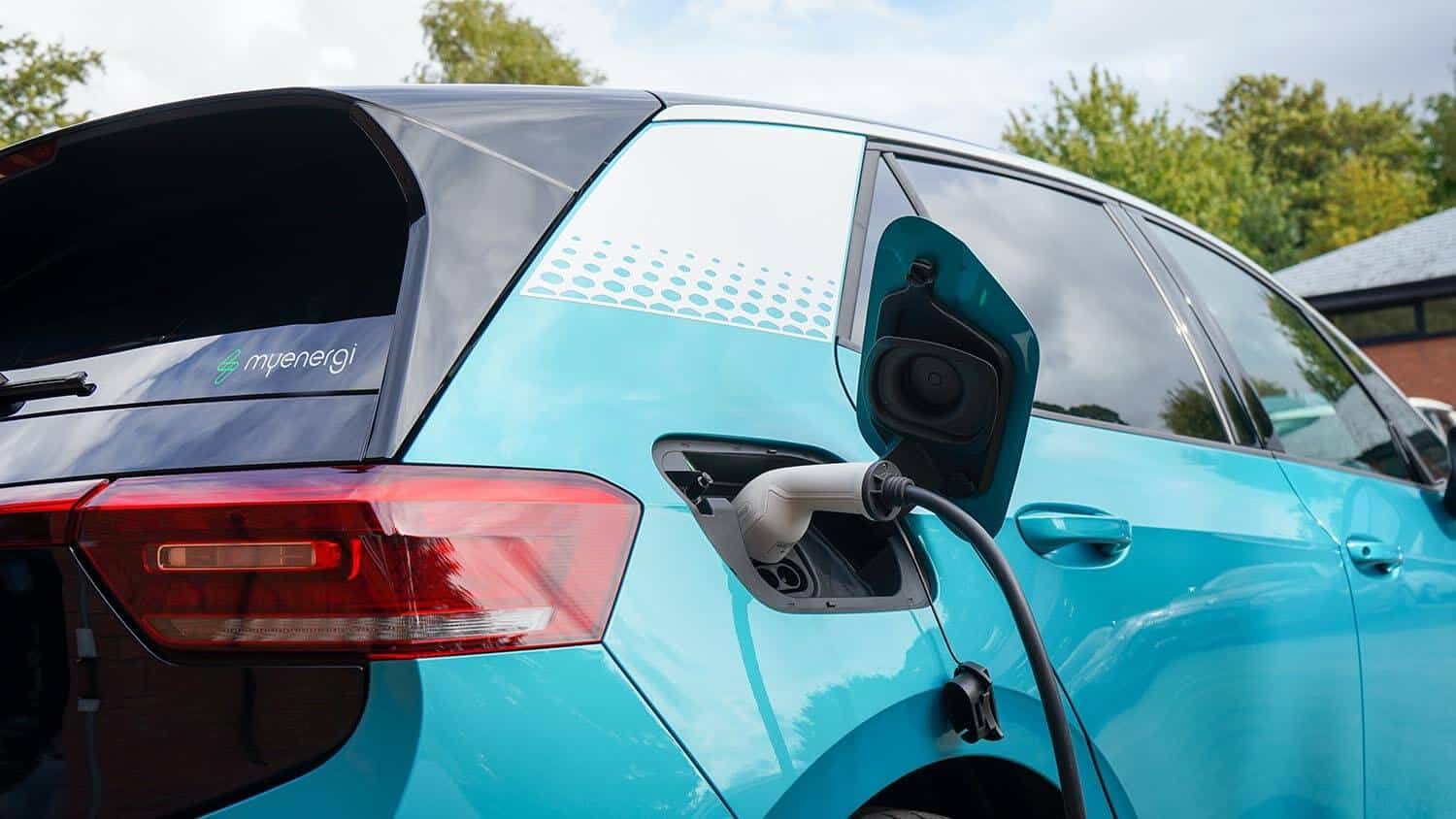Image Credit – Jordan Madec
COP27 is the United Nations Climate Change Conference, and in November 2022 the 27th conference will be hosted by the Government of the Arab Republic of Egypt. The conference takes place every year and unites around 200 countries who present their plans to reduce carbon emissions.
The 2021 conference, COP26, was held in Glasgow, Scotland and the then Prime Minister Boris Johnson spoke at the COP26 World Leaders Summit Opening Ceremony.
“COP26, will not, cannot, be the end of the story on climate change,” Johnson said.
Yet, ambiguity had surrounded the current Prime Minister Rishi Sunak’s attendance until November 2nd. It was announced earlier this week that Sunak would not attend COP27, however, the situation came ‘under review’ after days of criticism. With the climate advisor and president of COP26 Alok Sharma stating that he was “disappointed” by Sunak’s decision not to attend, while Friends of the Earth and RSPB (Royal Society for the Protection of Birds UK) called on the prime minister to attend, and the former chancellor George Osborne asking why the PM would “trash” the Conservatives’ environmental record.
Further pressure was mounted after it was announced that Johnson, Sunak’s predecessor would attend COP27 after he was invited by the Egyptian organisers of the meeting.
But with the world fighting against a meteorological catastrophe, what was the reasoning for Sunak’s decision not to attend and then his subsequent ambiguity?
A spokesperson for the PM stated that he was instead focused on domestic priorities and preparing for the 17 November budget.
“It is a recognition of other pressing domestic commitments, not least preparations for the autumn budget,” she stressed that “we remain committed to net zero and to leading international and domestic action to tackle climate change.”
The environment secretary Therese Coffey defended Sunak’s decision describing COP27 as “just a gathering of people in Egypt.’ “Coffey suggested that the conference is not one of the “big political summits,’”even though Joe Biden the president of one of the most powerful nations on earth, is expected to attend. Coffey’s statement and Sunak’s ambiguity combined juxtapose Johnson’s opening statement for the previous COP26 that the task at hand is to “work together to help our friends to decarbonise,” and continue with a”‘green industrial revolution.’”
Yet it was announced on Tuesday, in what Green Party MP Caroline Lucas has described as a “screeching U-turn,” that Sunak would now attend COP27. The MP told ministers during Prime Minister’s Question Time that he would now attend “to deliver on Glasgow’s legacy of building a secure, clean and sustainable future.’ “
Sunak has faced further opposition for the change of decision with the opposition’s leader Sir Keir Starmer tweeting “caving in to criticism is not leadership’ accusing the Prime Minster of acting ‘in the name of political management.’”
However, Sunak’s attendance of COP27 will not affect the conference’s outcome, as the actual negotiations will take place between civil servants and diplomats. Indeed, given the current confusion about the UK government’s policy on environmental issues, such as the multiple changes in leadership resulting in the lift and then subsequent reinstatement of the ban on fracking, and the issuing of new licenses for North Sea oil and gas drilling, it remains unclear exactly what Sunak could say.
Yet, Sunak’s change of mind does signal, although belatedly, that he now acknowledges the importance of COP27 and has stepped up to the requirements required of first-world countries. The United Kingdom cannot ignore the current climate crisis, especially given the country’s status as high emitters and our part in the industrial revolution. We must play a critical part in a crisis we helped to create.

04/11/2022





